On the evening of October 10, the 7th Science and Culture Salon of the University of Science and Technology of China (USTC) was held in the east Campus. It themed of "Response to Major Infectious Diseases Supported by Scientific and Technological Measures".
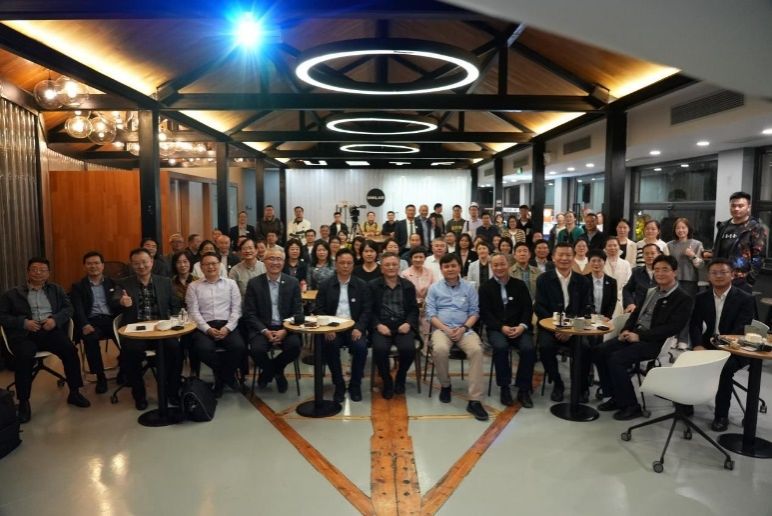
Group photo of the salon (Image by USTC)
ZHANG Wenhong was invited to give a lecture. He is a member of the 14th National Committee of the Chinese People's Political Consultative Conference (CPPCC) and the director of the National Medical Center for Infectious Diseases.
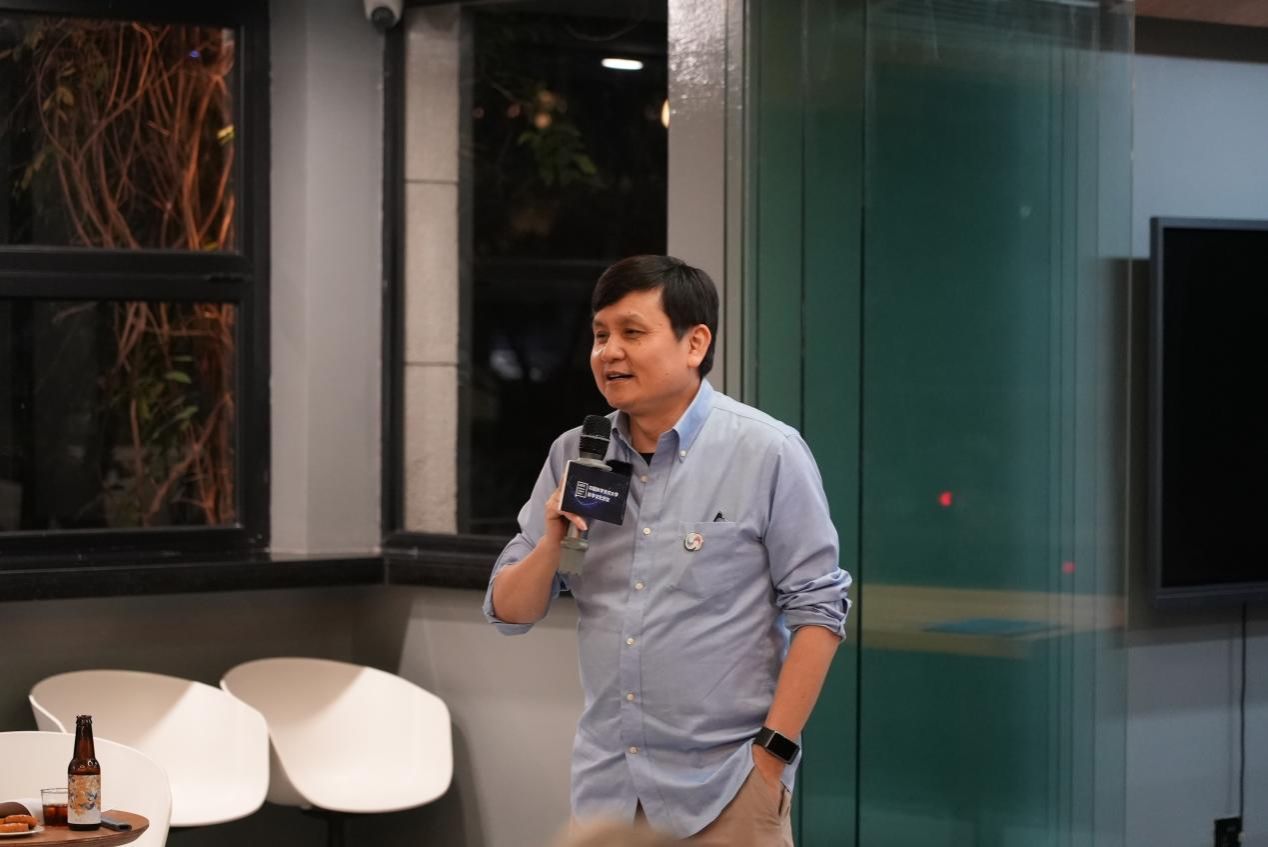
Zhang giving a speech (Image by USTC)
The salon was hosted by Prof. QIU Chengli, deputy director of the Research Center of Science Communication of Chinese Academy of Sciences (CAS).
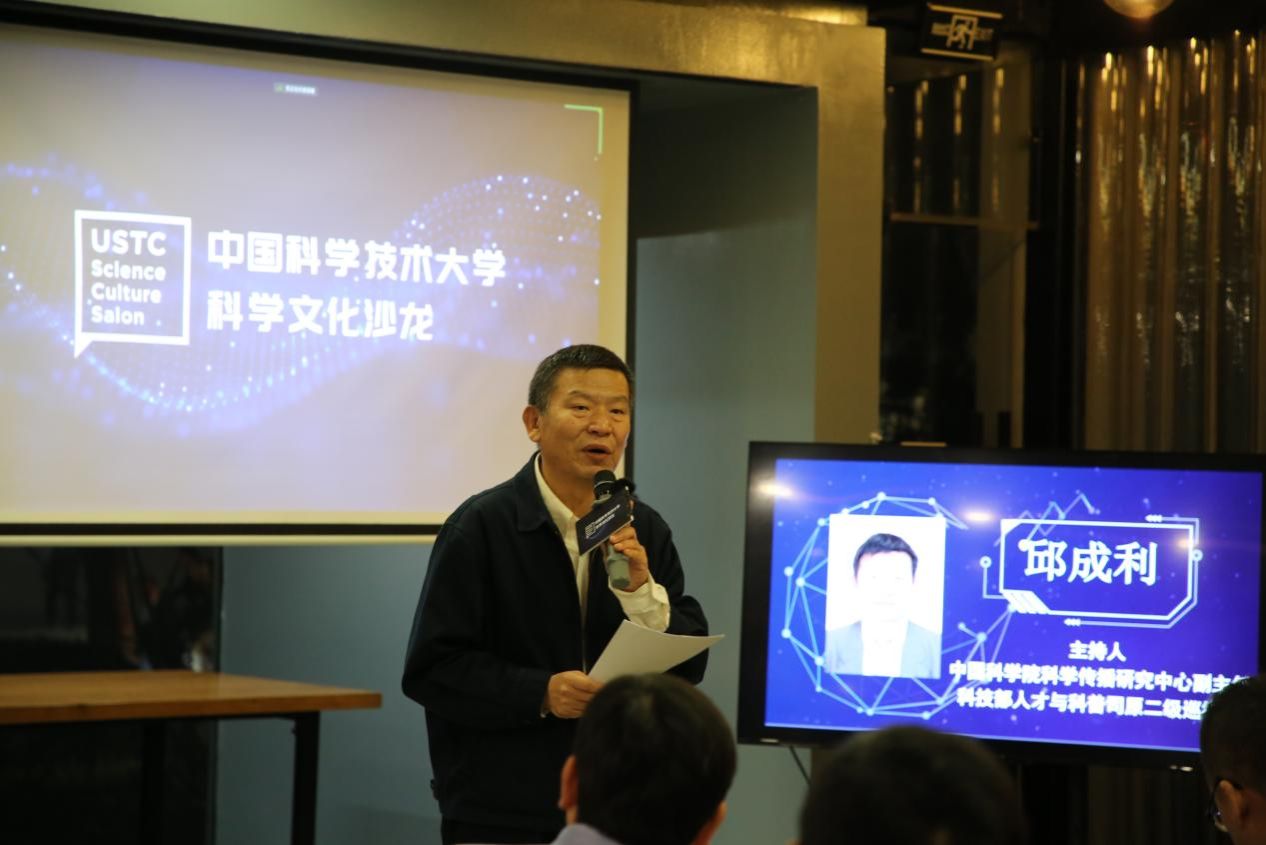
QIU hosting the salon (Image by USTC)
More than 70 guests participated in the Salon Dialogue, including XUE Tian, Assistant Principal of USTC, LIU Lianxin, Secretary of the Party Committee of the Department of Life Sciences and Medicine of USTC, and CHU Jianxun, Secretary of the Party Committee of the College of Humanities and Social Sciences of USTC.
Zhang's speech lasted 30 minutes, and he began with the origin of infectious disease viruses, pointing out that infectious disease viruses were the results of the long period of close proximity between human and microorganisms.
He also mentioned that infectious diseases were trigged by human aggregation. In addition, the rapid increase in growth rate led to the further aggregation of the population, which ultimately led to the emergence and prevalence of infectious diseases.
Zhang showed a clear lineage of infectious diseases from emergence, outbreak to end in the form of "data plus image". He emphasized the key role of science and technology in the rapid response to infectious diseases.
In particular, Zhang introduced the pros and cons of 100 Days Mission launched by UK and China's non-pharmacological interventions.
Zhang also noted that the research and development of mRNA vaccines in China is now on the right track. We must recognize that our government has strong industrial and technological capabilities in this area, as well as making great efforts to end the epidemic.
At the end of his speech, Zhang marked, "The international community will find it beneficial to learn from China’s experiences and responses to the major diseases, and China can also learn a lot from the efforts taken by the international community.”
The second half of the salon was a discussion and interaction with audience. Xue, DENG Fang, a member of the Chinese Society of Microbiology, and ZHANG Zhihong, a chief physician of the First Affiliated Hospital of USTC and other seven people put forward their questions for Zhang, which covered a series of topics such as airborne detection, application of science and technology, vaccine research and development, clinical care of patients, and public governance paths of the outbreak.
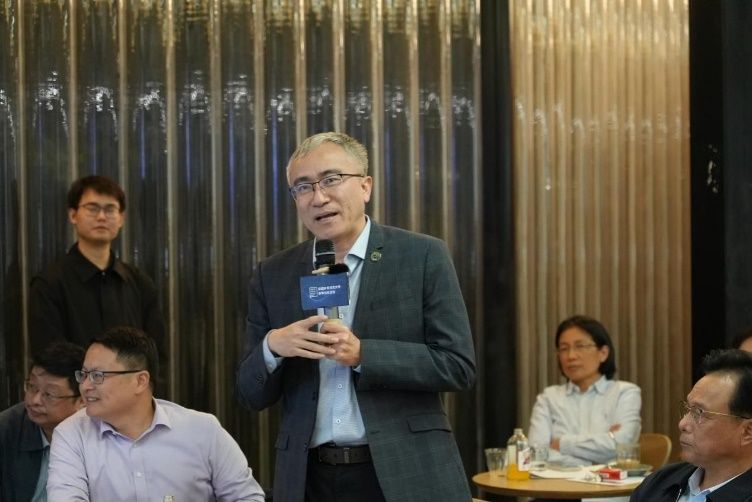
Xue raising questions (Image by USTC)
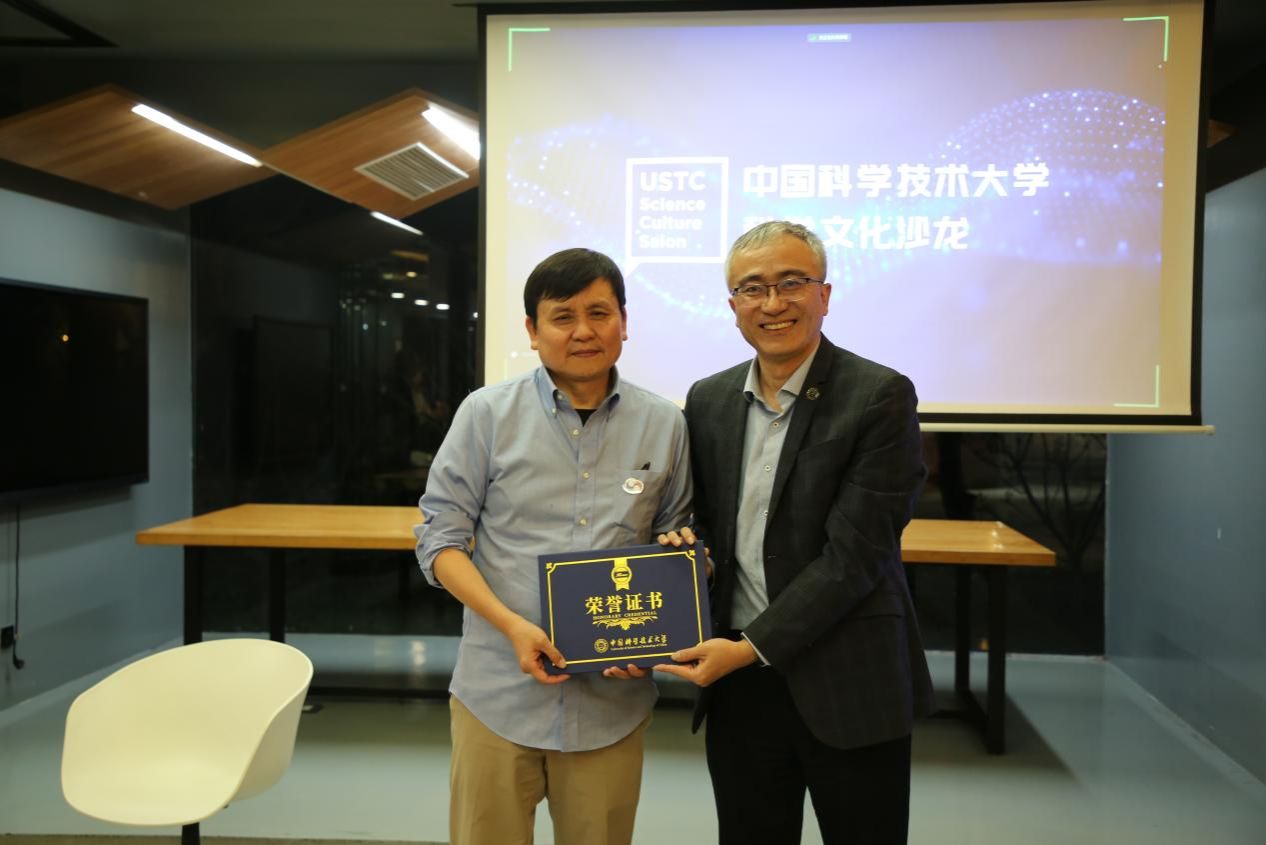
XUE presented Zhang with a commemorative certificate of the salon (Image by USTC)
Zhang's intelligent answers and professional suggestions had gained warm applause from the audience.
The Science and Culture Salons organized by CAS and USTC, and hosted by the Research Center of Science Communication of CAS and the Center for Science Communication Research and Development of USTC. The Salon is held once every 1-2 months, and renowned scientists, entrepreneurs, engineering technologists and outstanding people in the financial sectors will be invited as the presenters. It aims at providing a relaxing platform where experts, researchers and scholars in related areas can make exchanges in USTC.
(Written by HUANG Rui, Edited by HUANG Rui, USTC News Center)